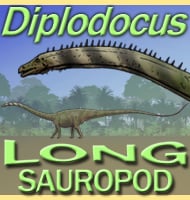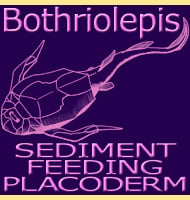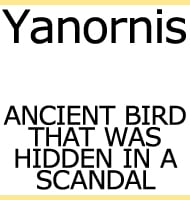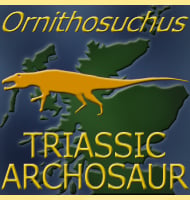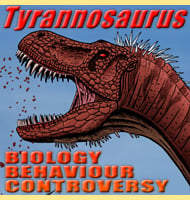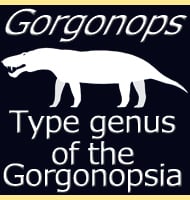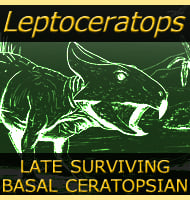In Depth
Agathaumas has been envisioned as a very large ceratopsian dinosaur, potentially as much as ten meters long, that lived in what is now the USA near the end of the Cretaceous period. However most palaeontologists agree that Agathaumas is a highly dubious genus of ceratopsian since it was based upon the description of partial hip bones. Other remains later attributed to the genus as additional species have now been moved over to either the ceratopsians Triceratops or Monoclonius (the latter of which is also a dubious genus), or over to the hadrosaur Thespesius (itself another dubious genus). As for the type material, the reason why it is so dubious is because the hip bones between different ceratopsian genera and species hardly vary at all. The only way we could be certain if Agathaumas is indeed a distinct genus is if additional material, ideally the skull could be found for the same individual that the hip bones came from. We would need to be certain however that it is the exact the same individual, as it is near impossible to attribute fossil remains from other sources due to the lack of distinctive features on the type specimens. Only then would we know if Agathaumas is a distinct genus in its own right, or if it actually represents something else.
Further Reading
- On the existence of Dinosauria in the Transition Beds of Wyoming. - Proceedings of the American Philosophical Society, 12: 481-483. - E. D. Cope - 1872. - The monster of Mammoth Buttes. - Pennsylvania Monthly, 4: 521-534. - E. D. Cope - 1873.

